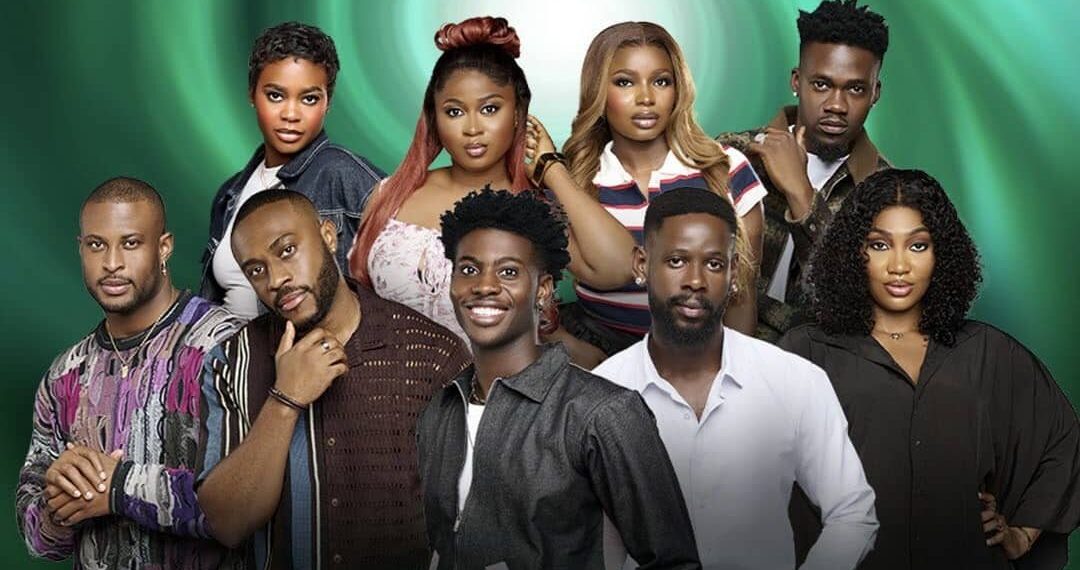In many Nigerian households and across West Africa, relationship expectations often go unspoken, especially regarding emotional connection after intimate moments.
These silent hopes and desires can have a much deeper impact than partners may realise. When addressed with thought and care, such needs nurture stronger bonds, reinforce trust, and cultivate emotional security, according to relationship experts from Lagos to Accra. In fact, showing appreciation after shared moments helps reinforce respect and care, turning fleeting experiences into lasting memories.
Yet, many couples shy away from discussing these wishes openly. According to Lagos-based counsellor Grace Ekechi, “Nigerian women are sometimes raised to be modest or not to voice certain desires. But partners who pay attention and act with empathy can bridge any communication gap.” Understanding and honouring these unspoken hopes can transform a good relationship into a great one.
1. Physical closeness goes a long way: Why cuddling matters
![Stay close and cuddle [UltimateIntimacy]](https://nowahalazone.com/wp-content/uploads/2025/10/7551a9f8-8bc8-4aa6-95ce-656613c7e8d5-1.jpg)
Stay close and cuddle [UltimateIntimacy]
Physical affection doesn’t need to end with the act itself. In many Nigerian and Ghanaian homes, partners who linger and hold each other tightly report greater satisfaction and a sense of togetherness. According to Osas Ighodaro, a relationship columnist in Benin City, “When a man initiates cuddling, it signals deeper emotional investment.” Women often feel most cherished when their partner simply stays beside them after an intimate moment, rather than leaving abruptly. This simple gesture creates warmth, safety, and shows genuine care.
2. Gentle conversation: Building intimacy beyond words
After a private togetherness, calm conversation helps sustain connection. Whether you’re discussing future dreams or sharing a laugh about a Nollywood movie, talking creates a bridge for emotional intimacy. Lagos-based clinical psychologist Dr. Femi Adeyemi explains, “For many couples here in Nigeria and across Africa, post-intimacy conversations clear doubts and help partners understand each other’s emotional state.” Gentle questions like “How are you feeling?” or simple reassurances can foster deeper bonds and dispel awkwardness, especially important in cultures where emotional vulnerability is less common.
3. Small acts of affection: More powerful than words
Tiny gestures—like softly kissing her forehead, brushing stray braids from her face, or squeezing her hand—send strong messages. In West African settings, these expressions go further than grand public displays of affection, which some communities still view with reserve. In interviews with Abuja-based couples, many women shared that well-timed gentle touches reassure them of their partner’s lasting affection and respect.
![Show affection [HoldingHopeMFT]](https://nowahalazone.com/wp-content/uploads/2025/10/4fa86bbe-c63e-4538-8748-6bf354488e1c-1.jpg)
Show affection [HoldingHopeMFT]
When affection stretches beyond physical attraction, both partners feel respected and emotionally valued—a point emphasised repeatedly in community interviews across West Africa.
4. Comfort and attentive care: Sensitive responses to varied feelings
Physical connection can be layered with many emotions, from relief and contentment to self-consciousness or even anxiety. Partners who tune in and respond with sensitivity—allowing quiet time, cracking a gentle joke, or simply listening—create a safe space for true intimacy. According to Dr. Efua Kwofie, a Ghanaian psychologist, “Attunement is about being present to whatever your partner feels, not just what you expect.” This approach fosters deep trust and minimal misunderstandings in relationships.
5. Holding off distractions: The power of present attention
The widespread use of smartphones and television in Nigeria and Ghana presents new challenges for couples. Jumping directly to your phone, switching on DSTV, or leaving the room not only feels abrupt but can leave a partner feeling unappreciated. Relationship coach Nneka Okafor notes, “When you’re truly there for your partner, you show respect and gratitude for the moment you’ve both shared.” Those extra minutes of undivided attention can mean everything, especially in cultures where family and togetherness hold high value.
![Avoid immediate distractions [Mudita]](https://nowahalazone.com/wp-content/uploads/2025/10/5904f520-be9d-4db7-b608-d12f80b2cecd-1.jpg)
Avoid immediate distractions [Mudita]
Making time to be mentally and emotionally present sets the tone for a relationship built on mutual consideration and love.
6. Words of appreciation: Valuing the shared experience
A heartfelt compliment or sincere “thank you” remains one of the most powerful relationship tools. Research shows that affirmation boosts a partner’s self-esteem and increases relationship satisfaction, according to Dr. Olufemi Adebayo, a family therapist in Ibadan. Simple words like “I truly enjoyed our time” cultivate a habit of mutual appreciation, making each partner feel wanted for more than physical reasons.
7. Looking to the future: Planning and inclusion
Making mention of plans, even something as basic as shopping for ogi together or attending a family gathering next weekend, signals lasting commitment. West African couples who actively include their significant other in upcoming activities tend to report greater feelings of belonging. Relationship coach Akua Mensah in Accra emphasizes: “Intentional inclusion reduces insecurities and underlines a partner’s place in your future.” This practice helps prevent misunderstandings and keeps both partners engaged in shared goals.
This article draws from expertise of psychologists, relationship coaches, and real couple experiences from Nigeria and Ghana. The content was reviewed and supported by our editorial team for accuracy and local relevance.










